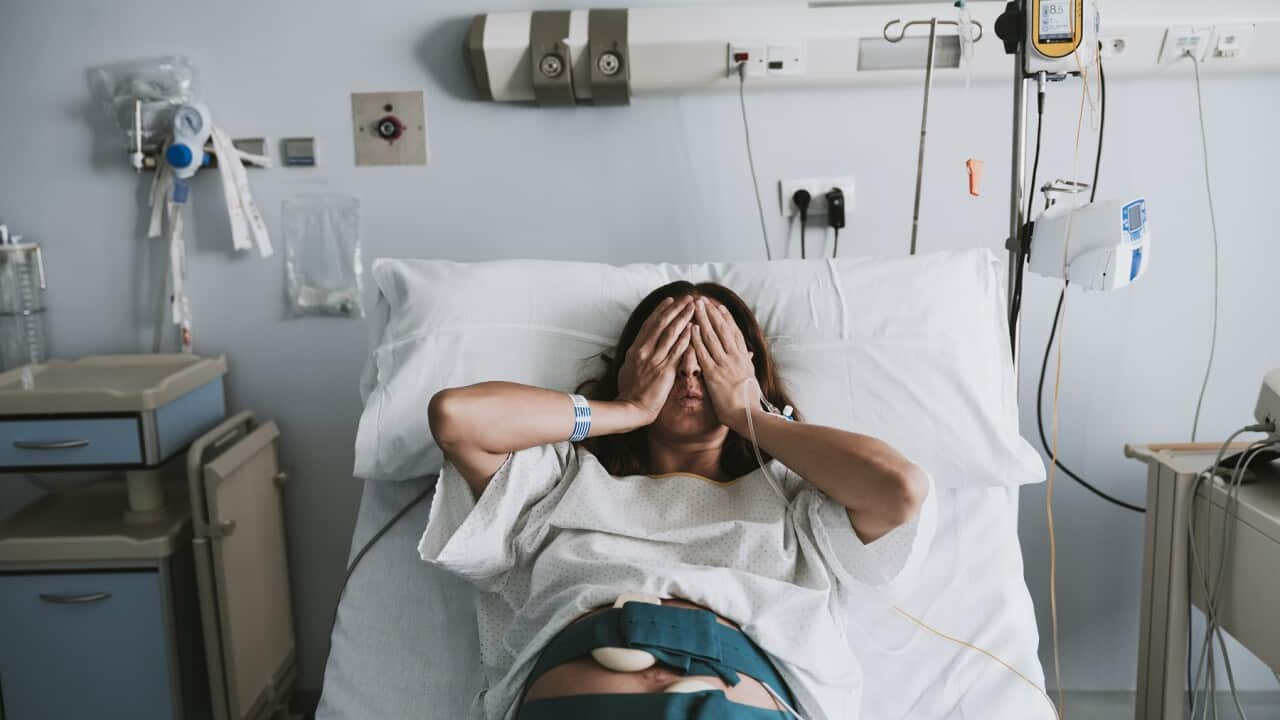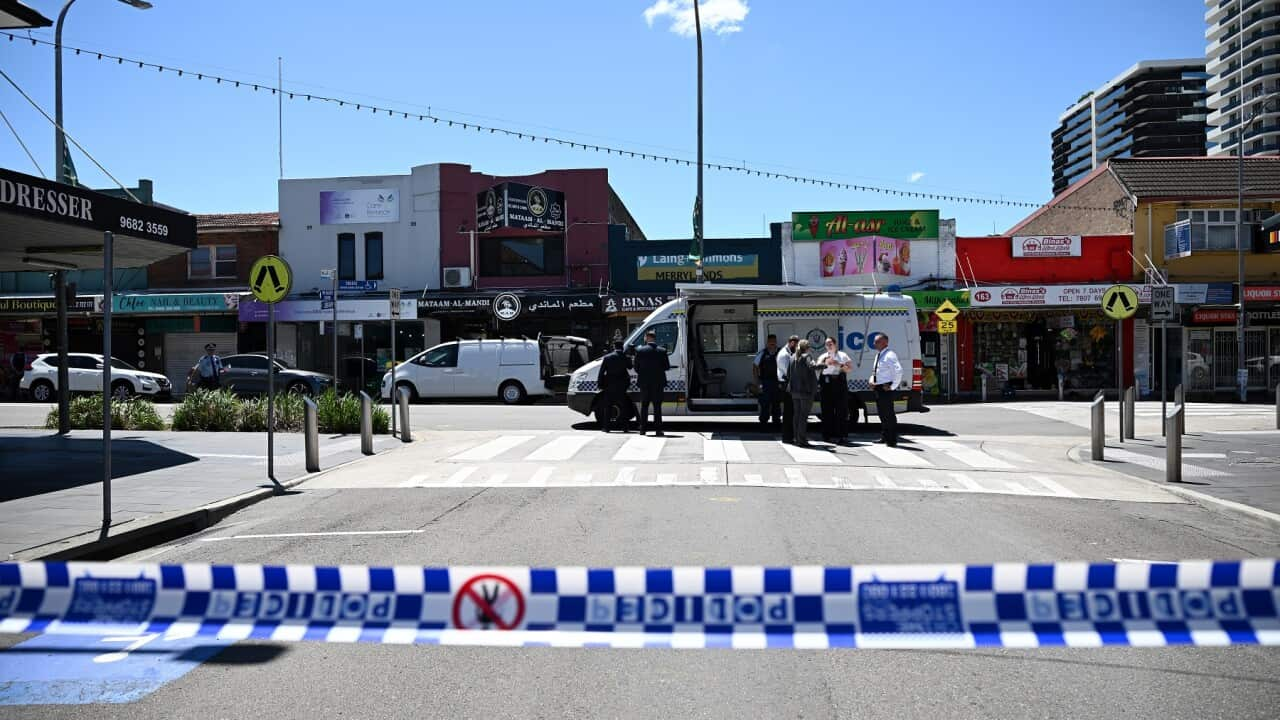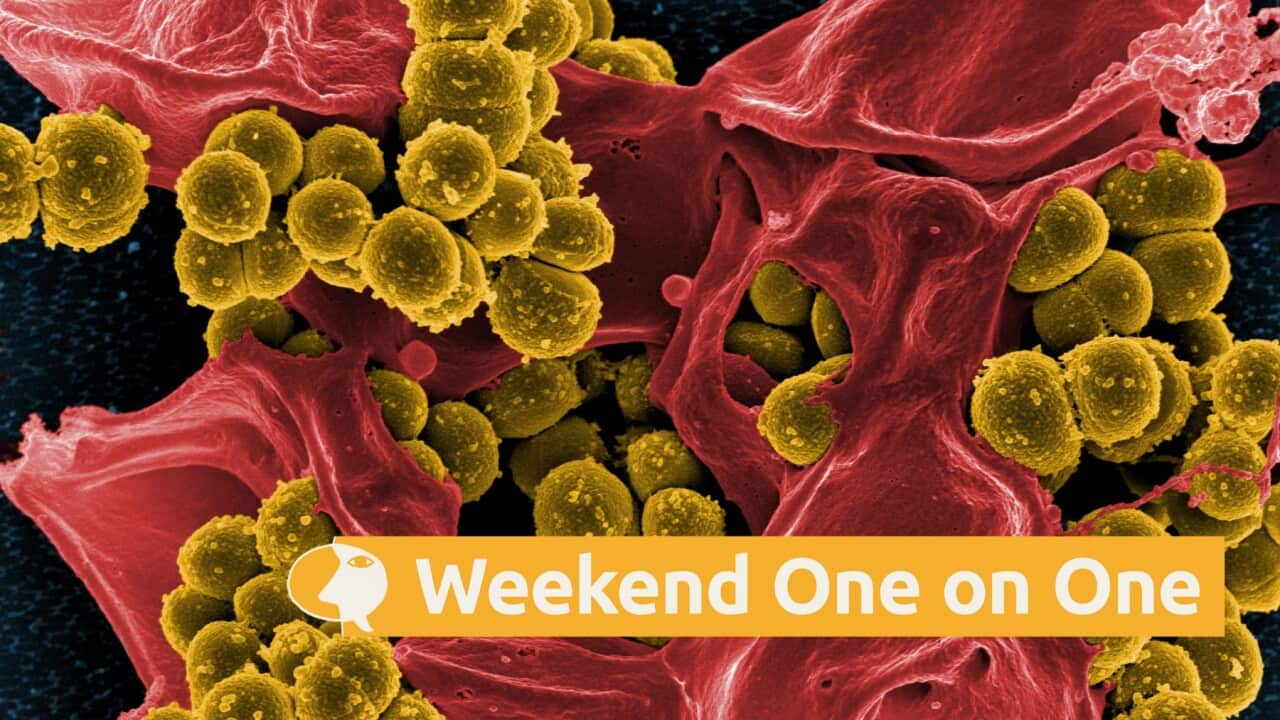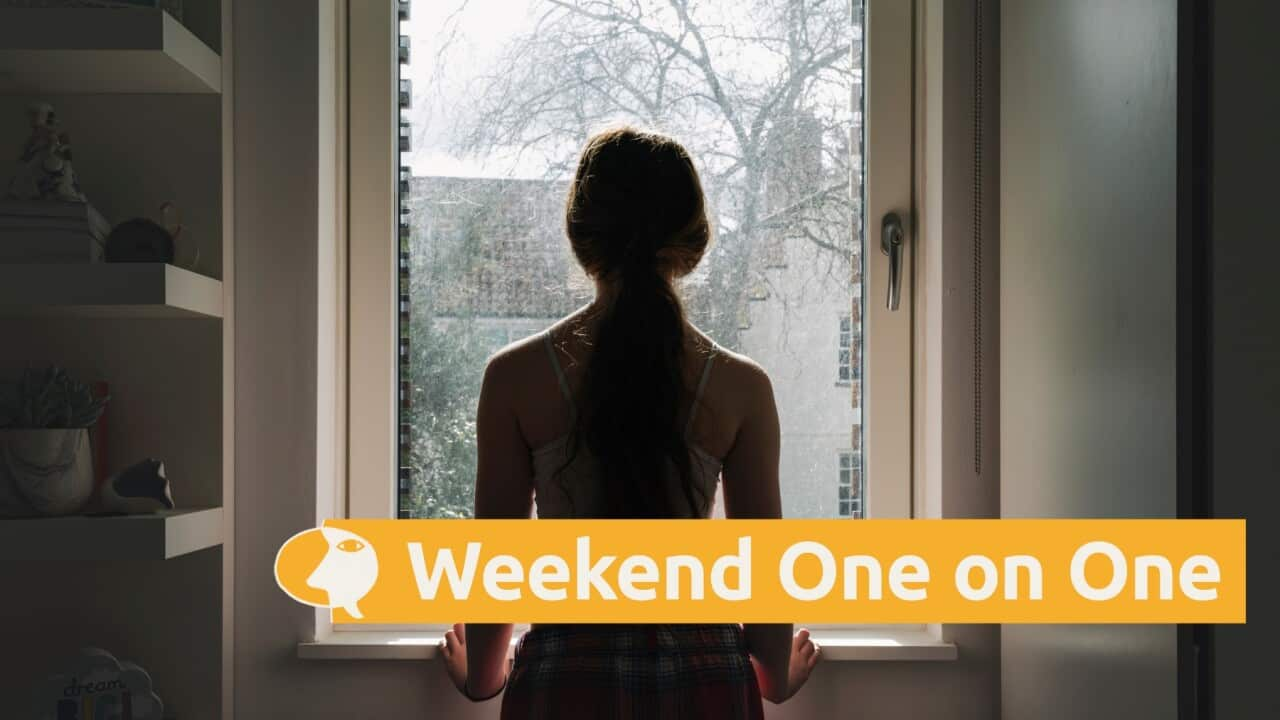Listen to Australian and world news, and follow trending topics with SBS News Podcasts.
TRANSCRIPT
Meet Thea Baker.
She's a clinical psychologist who has heard plenty of stories of trauma, coming from the experiences of women and girls trying to navigate the Victorian health care system.
But Ms Baker says she has also been there herself.
“I've had two gynaecological surgeries and four hip surgeries, including a hip replacement all in the last 10 years ... One of the things that I found most difficult though is postoperatively being not believed with the amount of pain that I've experienced as I've come out of anaesthetic and basically being told that I'm making a fuss and having to wait a really long time between doses.”
The Victorian state government has just released the final report of an inquiry into women's experiences of pain, an investigation prompted by stories just like this one.
The inquiry was conducted by the Women's Health Advisory Council and a panel of experts in 2024.
It received a massive number of submissions: 13,000 women and girls aged between 12 and 79, as well as their carers, clinicians, and associated organisations.
Premier Jacinta Allan says women not being taken seriously was a common theme in many of the stories it heard.
“There's a kind of pain that women and girls are just constantly told that they have to learn to live with it. The kind that we are all told is normal. Whether it's the heavy periods, the crippling cramps that come with that sort of pain. We're also told to push through it. We're taught that we just have to push through it and put up with it. And I know all this because I've lived through this experience myself.”
The report has made clear just how extensive the problems are.
The most common conditions women experienced were menstrual and hormonal pain, endometriosis, and musculoskeletal problems, like arthritis.
It's found 90 per cent of submissions to the inquiry reported experiencing pain lasting more than a year, while over half had daily pain.
Professor Sonya Grover is the head of the department of Gynaecology at the Royal Children's Hospital - and she says that's deeply concerning.
“We know that untreated pain affects everything: their sleep, their moods, their participation in sports, their schooling, their self confidence. But we also know that if we intervene early, we can change that.”
But the report says that finding early assistance has proved problematic.
While 95 per cent sought help for their pain, just over 70 per cent said they'd been dismissed or faced discrimination when they sought care.
The situation was even worse for those with disabilities, or from the LGBTIQ+ community, people from different cultural backgrounds, and Aboriginal and Torres Strait Islander women and girls.
Victoria's Health Minister, Mary-Anne Thomas, says as a result, many women and girls have not been properly diagnosed.
“Now women have told us that when they go to seek treatment for their pain, it's often their mental health that is being treated. They're prescribed antidepressants but the cause of their pain is not being diagnosed.”
The Minister says that the report has identified a key barrier to treatment is the nature of the workforce itself.
She says some health care professionals just don't have the knowledge to help their female patients.
“The body of knowledge that we have when it comes to delivering health care has been built on men's experience and their biology. This is just a fact. It's is not a judgement, it's just a fact. We do not yet know enough about the many causes of pain that women are experiencing. It hasn't been researched and it hasn't been taught.”
The state government plans to introduce a new standard of care.
The Premier says the Women's Pain Standard will be rolled out across Victoria's health system once it's been developed, to start to change things for the better.
“This is understanding that the culture to date has been silence and not understanding women's pain. So by setting a new health care standard it is about sending a very, very clear message about the expectations that we set to support women to get the care they need across our health system.”
The Standard is likely to form part of the overall action plan for women's pain that the government says it will put together over the next six months.
But the Health Minister says they're not waiting to take action.
A specialist clinic is to be established at the Royal Children's Hospital, and she's committed to a pilot of a device known as the 'green whistle', essentially an inhaler for pain relief that will give women a level of control over their pain during IUD insertion or removal.
Clinical Director of Obstetrics and Gynaecology at Peninsula Health, Dr Nisha Khot, says their service has already introduced the green whistle - and that a rollout of the device to all 20 Sexual and Reproductive Health Hubs in Victoria will be a welcome move.
“We all know that an IUD is an excellent contraception. It's also good for heavy periods, it's also good for period pain. And it seemed like such a shame that women were not able to use an IUD because their experience of getting an IUD inserted or changed was so painful. So it seemed like a win-win for everyone.”
For Women's Health Victoria chief executive, Sally Hasler, the release of the report is a watershed moment.
She's called it a powerful collection of evidence from women that things need to change.
She says the Victorian and Commonwealth governments need to work together to implement the report's ambitious recommendations.
That's the hope of Thea Baker, too.
“I'm really hoping that this inquiry and the results and the initiatives are the beginning of really widespread systemic change within our medical system, specifically around the development of things like trauma-informed care, so that women are believed, they are validated, their experiences are understood, but primarily that they get efficient access to effective and evidence-based and above all compassionate care.”













